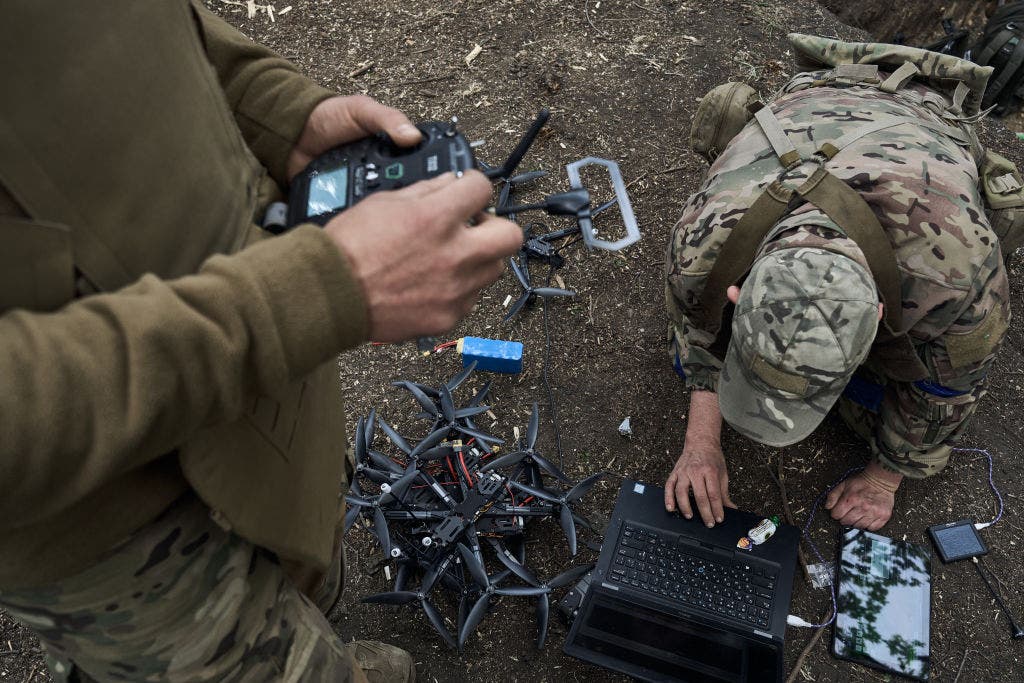The Baltic states, along with Norway, Finland, and Poland, have announced plans to construct a “drone wall” along their shared borders with Russia. Estonia’s Interior Minister stated that the technology is capable of detecting and repelling drones, and Estonia plans to install the barrier along its entire eastern border as well as around its major cities. The decision to implement this drone defense system comes as a response to the increasing use of drones in warfare and the need to stay ahead of adversaries.
Recent developments, such as Russia’s announcement to change its maritime borders in the Baltic Sea, have heightened tensions in the region. Lithuania’s foreign minister characterized this move as an “obvious escalation” that must be met with a firm response. Russia’s Defense Ministry proposed updating the coordinates used to measure territorial waters off its mainland coast and islands in the Baltic Sea, claiming that the existing coordinates are outdated and do not correspond to the current geographical situation.
The situation in Ukraine is also dire, with reports of ammunition supplies dropping due to a “starvation diet” imposed by the US and Europe. Despite the challenges faced by Ukrainian forces in Eastern Ukraine against a concerted Russian push, efforts to strengthen defenses continue. The Baltic states are taking proactive measures to enhance their security and protect their borders from potential threats, including the use of drones.
Political leaders in Sweden and Finland have emphasized the importance of upholding international conventions and agreements in resolving border disputes. Both countries expect Russia, as a signatory party to the United Nations convention regulating border changes, to adhere to its responsibilities. Any violation of these international norms could result in further escalation of tensions and diplomatic conflict.
The Kremlin has defended its proposed changes to maritime borders in the Baltic Sea, stating that the measures are necessary to ensure Russia’s security in a region of escalating confrontation. Russian officials have insisted that there is nothing political in the Defense Ministry’s proposal and have justified the need for appropriate steps to address security concerns. As tensions continue to rise in the Baltic region, dialogue and diplomatic efforts are crucial to prevent further escalation and maintain stability.
In conclusion, the construction of a “drone wall” along the borders of the Baltic states with Russia reflects the growing need for advanced defense technologies in response to evolving threats. As geopolitical tensions increase in the region, it is essential for all parties to uphold international agreements and norms in resolving disputes. Efforts to enhance security measures and promote dialogue are critical in maintaining peace and stability in the Baltic region.


